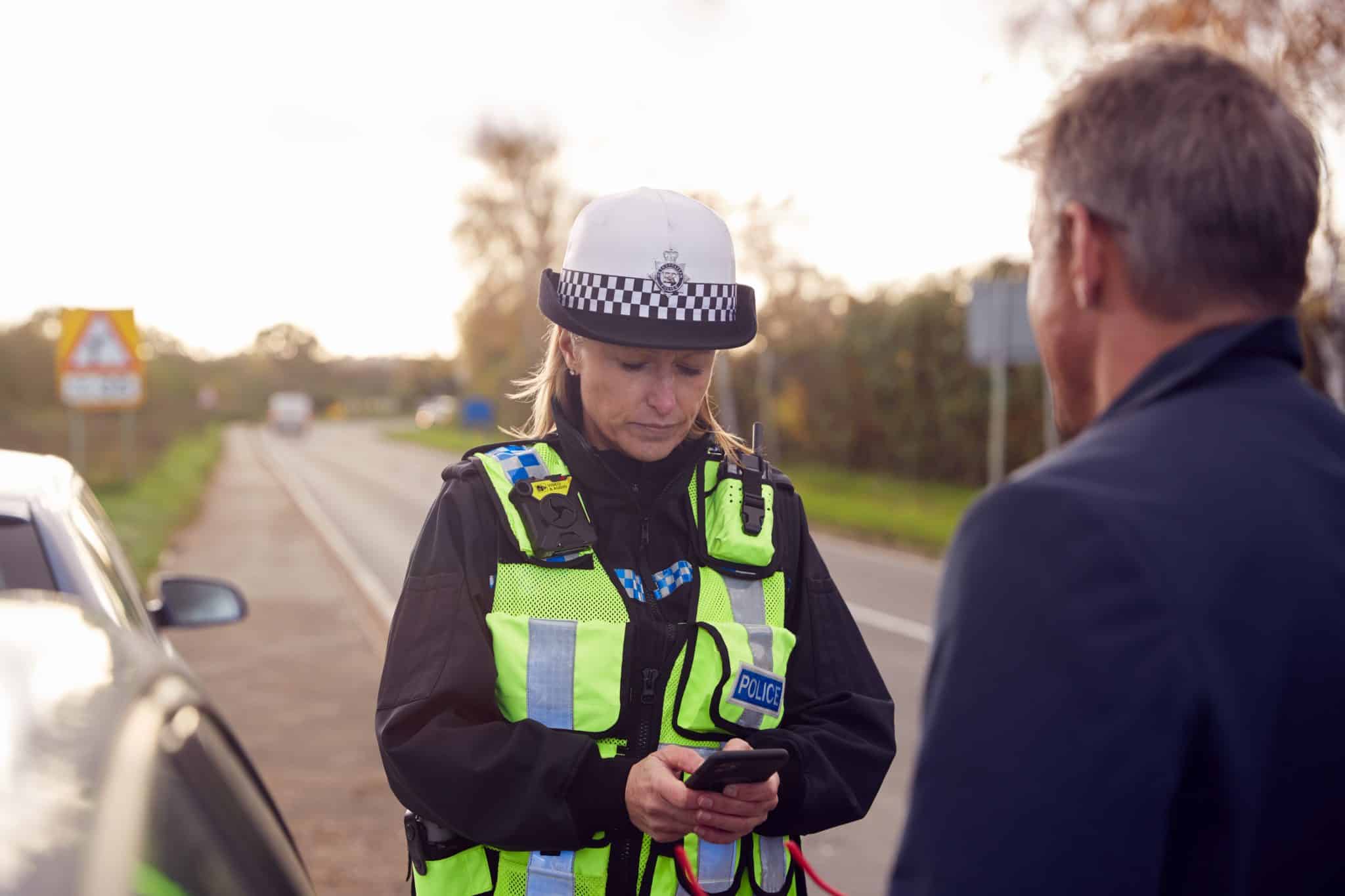With technology, what was once cutting edge will one day become the norm. Currently, the UK police are incorporating facial recognition, drones and AI-driven analytics into their operational practices — so what will be the next emerging trends?
The Office of the Police Chief Scientific Adviser (OPCSA) has put together the Police Emerging Science and Technology Trends (PESTT) report, which explores seven science and technology trends over three time horizons. These include metaverses and online virtual worlds, UAVs, privacy enhancing technologies (PETs), and biometrics.
For the police, this could lead to improved identification of criminals with access to vast biometric datasets and a wider range of bio-forensic methods and sources. There could be greater opportunities for science-led policing due to increased physical and digital bio-forensic and biometric evidence.
However, there will also be threats for the police from this technological trend. Criminals could spoof biometric data to facilitate impersonation in online fraud. The increase in the public’s biometric data (such as from health monitoring wearable devices) that could be used for planning crimes is another potential threat, the report says.
The report acknowledges the recently released National Digital Policing Strategy 2020-2030 and the Biometrics and Forensics Ethics Group framework documents. “This demonstrates a government focus on digital policing, and a consideration of how new biometrics capabilities, such as live facial recognition and new DNA analysis techniques, will impact the force,” the report states.
The UK’s police chiefs have asked the government to commit 220 million British pounds (US$299 million) annually for the next three years to support science and technology development, including live facial recognition rollouts. UK police are already ramping up use of live facial recognition with the first fixed cameras expected this summer in Croydon, south London.
Alongside the ramping up of live facial recognition deployments by UK police comes new legislation that would help underpin its effectiveness under certain circumstances. The Crime and Policing Bill is now in its second reading in the House of Lords, after the first reading last week. In other words, it is progressing the necessary procedures for it to come into effect.
In the bill, part 9, chapter 1 details the “offence of concealing identity at protests,” which would make it an offence to conceal one’s identity, or another person’s, at protests and assemblies. Live facial recognition is most effective on an uncovered face, of course.
The PESST report outlines a horizon where there is an increased focus on online biometrics and identifying suspects from their online behaviors. This would include online facial recognition and analysis of patterns of computer device use. There’d also be wider deployment of multiple biometrics such as gait analysis and real-time voice recognition to help identify suspects in a wider range of environments like large crowds.
“In the future, a broader range of data could be fed into AI models to identify people, including data from typing on smartphones and keyboards, and new types of biological markers, such as heart rate, body odour and even brainwaves,” the report predicts.
The Police Emerging Science and Technology Trends report can be downloaded here.
Related Posts
Article Topics
biometric identification | biometrics | criminal ID | forensics | law enforcement | police | UK
Latest Biometrics News
France-based retail technology provider Bergens has been selected by Innovative Technology (ITL) as its authorized reseller in the region for…
Latin American ID verification and biometrics provider 4i Digital has announced the integration of verifiable credential technology from Dock Labs….
World has entered the age assurance arena. A post on the World blog says the company’s solution for age verification…
Total global revenue from identity verification services will exceed $20 billion by 2030, with digital identity verification passing traditional identity…

